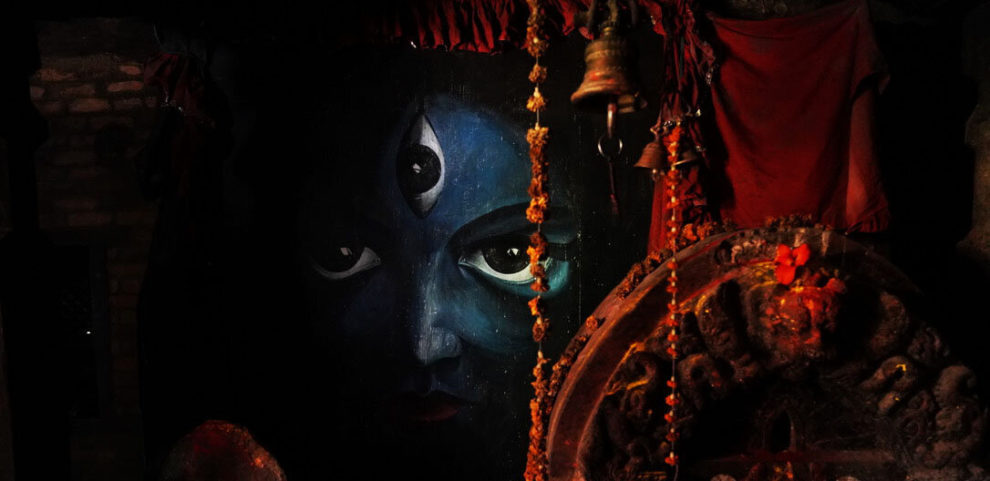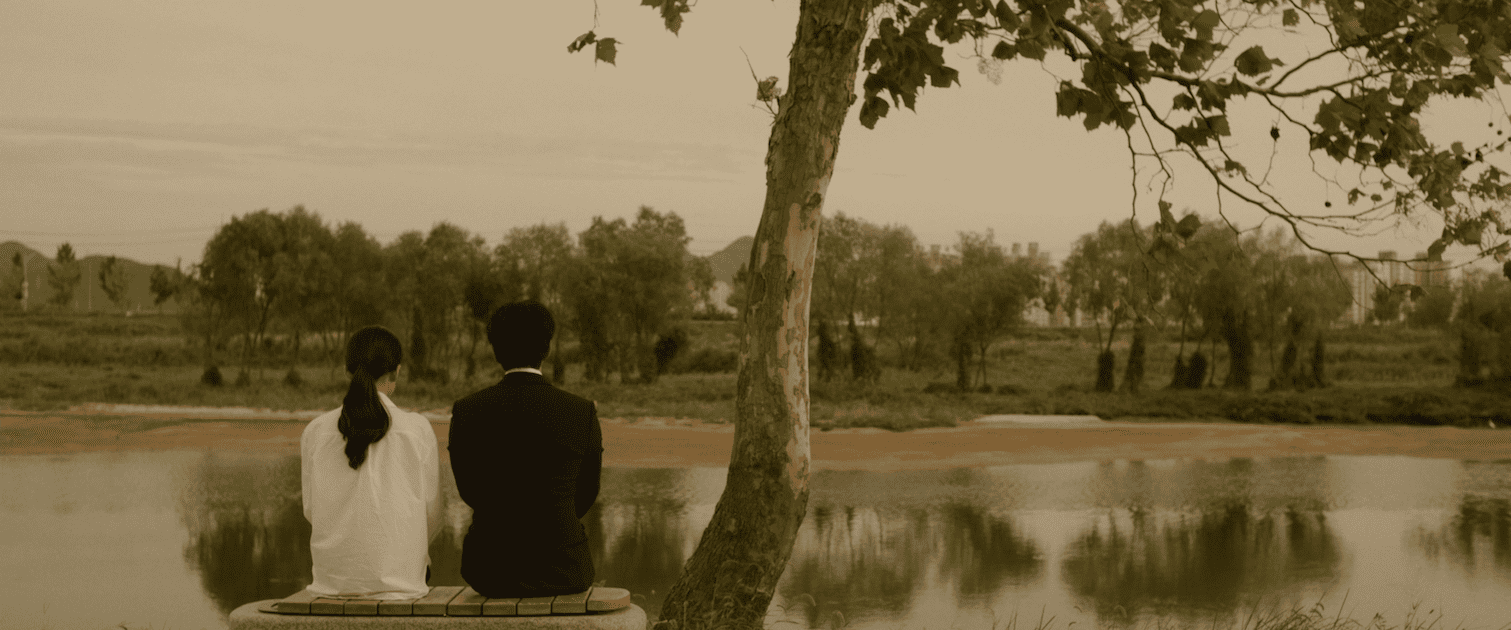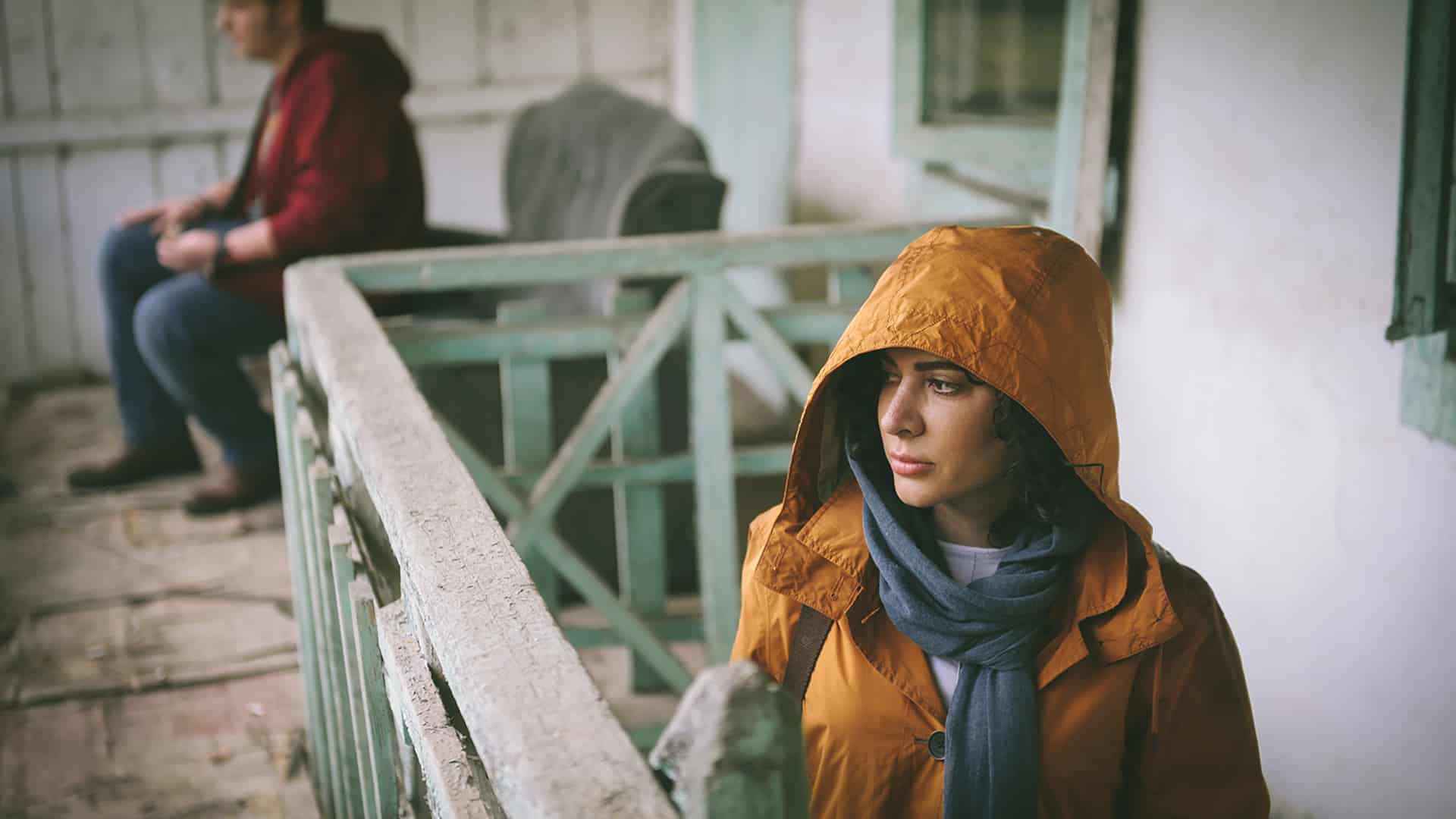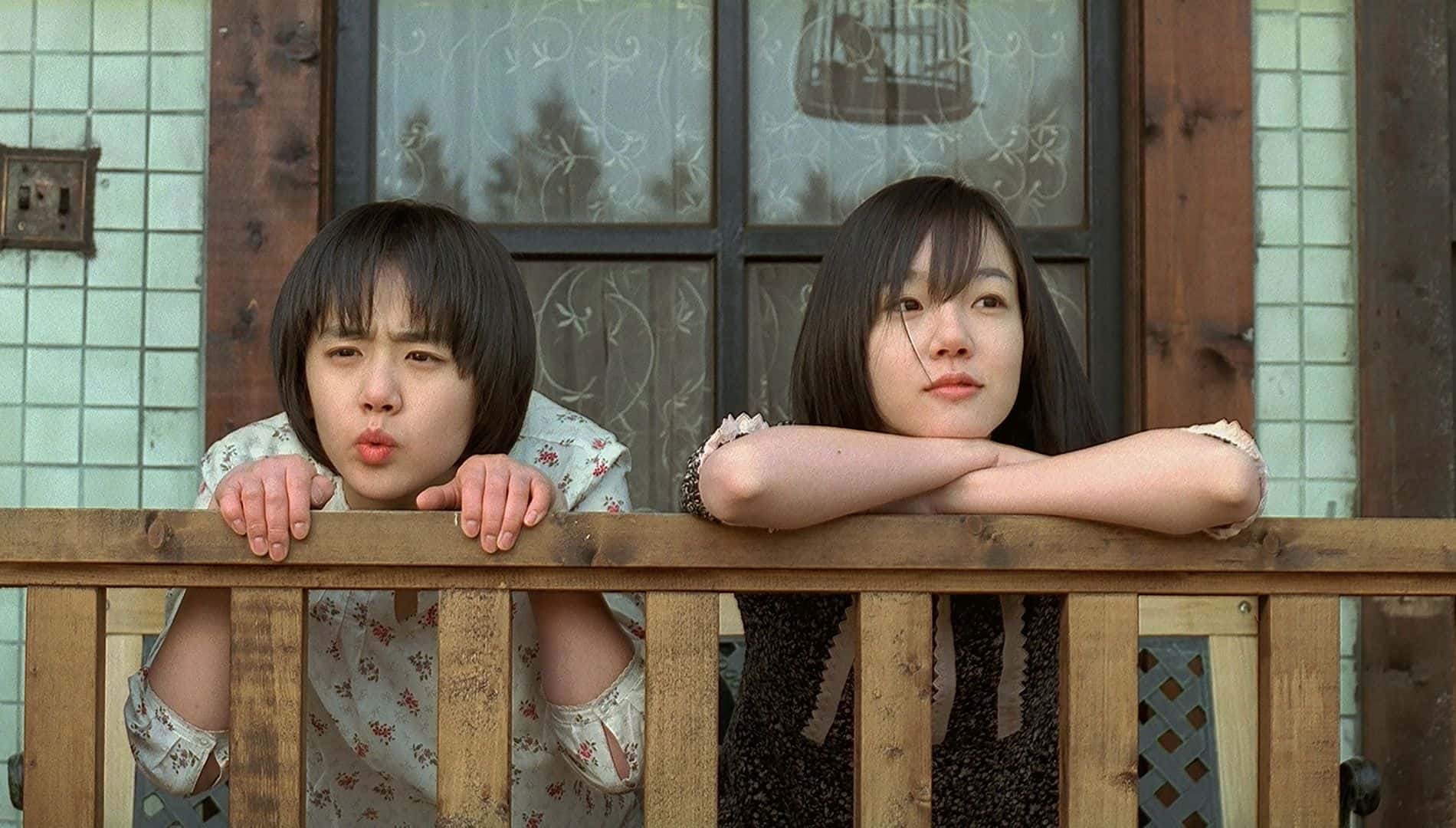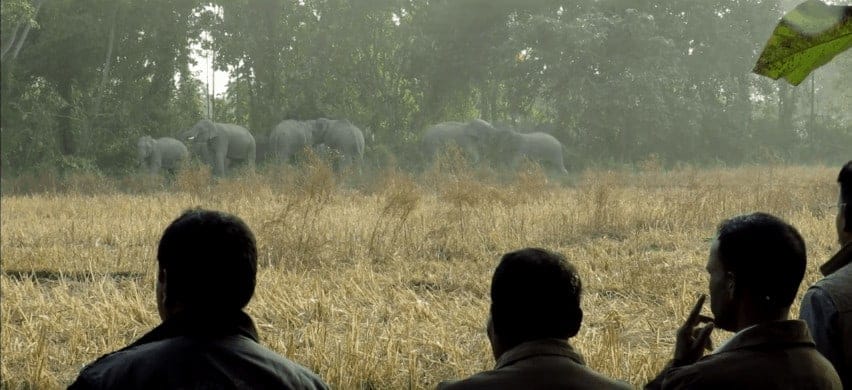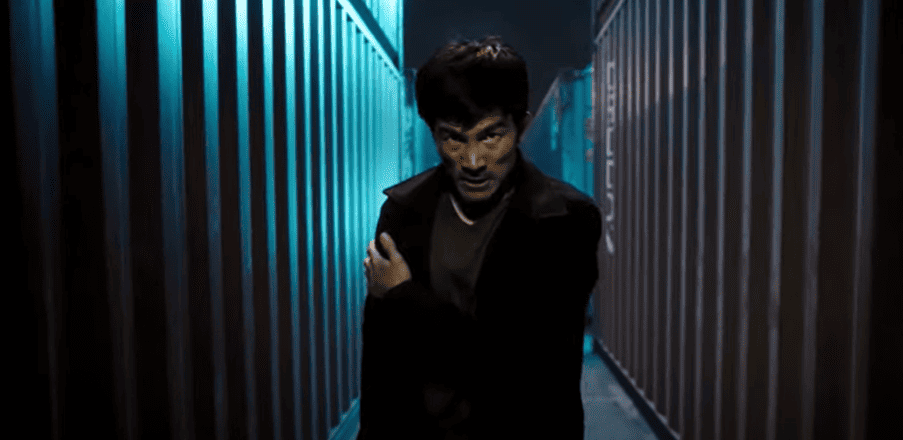Bhutan-born Khyentse Norbu, especially remembered for “Travellers and Magicians” (2003) and “Hema Hema: Sing Me A Song While I Wait” (2016), is a director who also happens to be a Buddhist lama known as Dzongsar Khyentse Rinpoche. He teaches Buddhism and authored several significant publications on embracing Buddhism in the contemporary world. For a viewer knowing his background, “Looking for a Lady With Fangs and a Moustache”, a movie no less mysterious than its title, won't be a big surprise.
Looking for a Lady With Fangs and a Moustache screening at Five Flavours Asian Film Festival
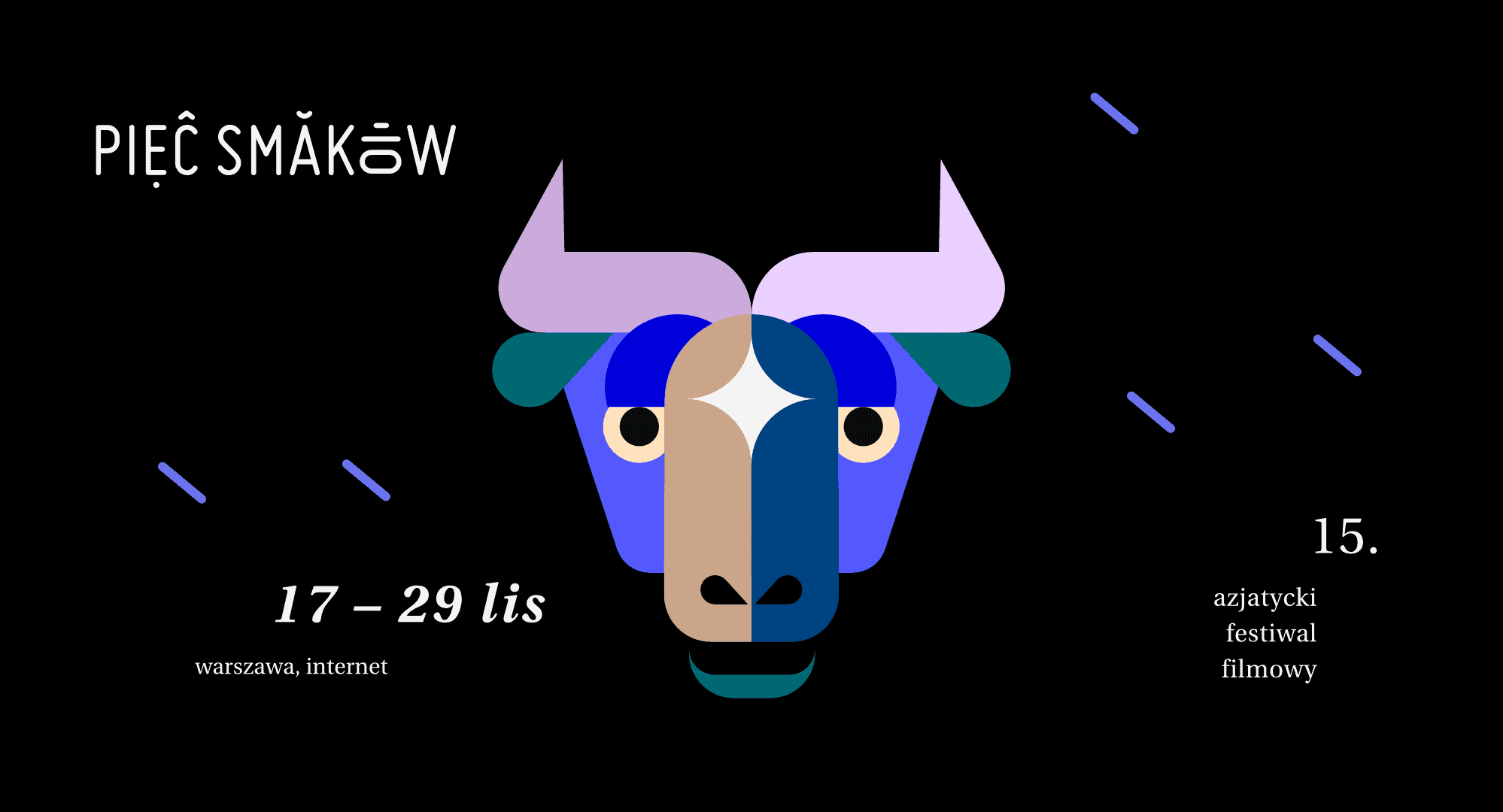
Norbu this time brings us to Kathmandu. The location choice doesn't seem to be random. The Nepalese capital city at the feet of the Himalayas, attracting hordes of adventure-seekers, pilgrims, monks, foreign hippie tourists, is a buzzing merry maze where traditions meet modernity and the sacrum mixes with the profane.
The director, in his eccentric existential cum spiritual drama, introduces Tenzin (Tsering Tashi Gyalthang, also an aspiring filmmaker), who is a modern Tibetan entrepreneur planning to open a fancy coffee shop in Kathmandu. You know, the one that may appeal to the most hipster of hipsters, offering hand-picked grain, custom brews, and ambient atmosphere. Despite living in a spiritual center, Tenzin chose the secular way. Uninterested in any sort of mystical path, this long-haired cosmopolitan dresses in a Western way and speaks fluent English. Though he is not utterly disconnected from what we may perceive as traditional, because he studies classical Buddhist music via playing a folk string instrument and learning old songs. Through this, however, he fulfills his mother's wish without much dedication.
Tenzin, having borrowed money for his venture from his mother, is scouting for a perfect location for the coffee shop. What he eyes is an abandoned temple complex destroyed by an earthquake, named by his business partner as “womb of the goddess”. Tenzin is skeptical about any reservations as to his choice (he is told that this place shouldn't be disturbed). Nonetheless, when suddenly he becomes haunted by bizarre dreams and visions, following a friend's (Tulku Kungzang), advice, he decides to consult a monk.
The monk drops a bomb on him: mysterious visions are a harbinger of Tenzin's imminent death. He is told he has seven days to revert his fate, by finding an elusive entity called dakini, who is an enlightened female spirit. Revelations are of course cryptic and enigmatic, e.g dakini is likely to manifest in a form of a three-eyed lady with fangs and mustache. Tenzin will embark on a spiritual journey, trying to reconnect with his cultural heritage, and looking for feminine energy. It may sound profound and serious, but the director tackles the subject with loads of unassuming humor and lightness. Starting with a monk far from stereotypical depictions, who is wearing fancy sunglasses and huge headphones, and in need consults with “omniscient Uncle Google” on his tablet.
The narrative is contemplative, and the oneiric cinematography (by Mark Lee Ping-Bing) guides us on the blurred verge of dreams and reality. The director teases audience expectations, not following rules of conventions–he doesn't embrace psychological drama, turns away from supernatural horror, and plays with romcom tropes, sending his protagonist on a kind of quest in search of the right woman.
The whole Tenzin journey isn't a psychoanalytical trail of self-discovery and enlightenment. In a way it conquers our ideas of what enlightenment and tradition is. Also, the director doesn't separate “modern” and “traditional” with a thick line. A tablet or iPad is similarly useful for browsing youtube and reading ancient scriptures. Norbu doesn't give ready answers, instead, he invites us to contemplate and discuss. Sometimes the travel itself is more important than the destination.


